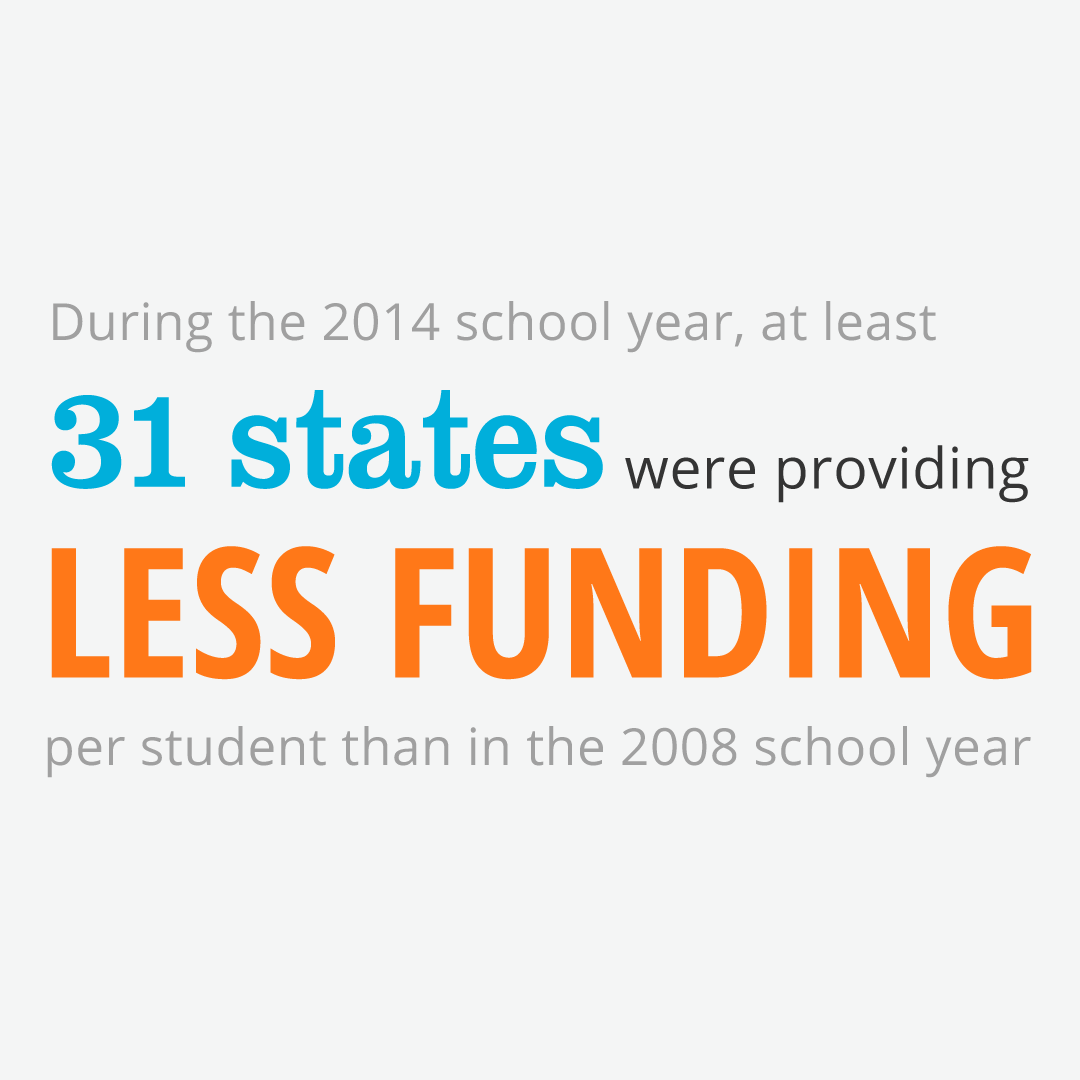Last week, House Republicans formally introduced the Lower Energy Costs Act (H.R. 1). This comprehensive legislative package is aimed at increasing American energy production and enacting permitting reform to reduce regulatory burdens associated with the development of infrastructure projects. By designing the Lower Energy Costs Act as H.R. 1, Speaker Kevin McCarthy (R-CA) has signaled that the package is House Republicans top priority for the 118th Congress.
The bill proposes fast-tracking the approval process for American energy production on federal lands, expediting hardrock mining, repealing the natural gas tax to make it easier to transport and export American natural gas, and expediting the permitting process for critical projects. Additionally, the bill proposes reforming the National Environmental Policy Act (NEPA) and provides for a streamlined permitting process for all federally impacted projects.
The Lower Energy Costs is being led by House Majority Leader Steve Scalise (R-LA), along with House Committee on Energy and Commerce Chair Cathy McMorris Rodgers (R-WA), Committee on Natural Resources Chair Bruce Westerman (R-AR), and Committee on Transportation and Infrastructure Chair Sam Graves (R-MO).
The package includes provisions that fall under the purview of each of these committees, including measures to expand natural gas exports, reduce limits on hydraulic fracturing, and express disapproval of President Joe Biden’s executive action canceling permitting for the Keystone XL pipeline. Among the bills included in H.R. 1 are:
- H.R. 1121, the Protecting American Energy Production Act (Rep. Jeff Duncan (R-SC)), which would prohibit a moratorium on the use of hydraulic fracturing.
- H.R. 1070, a bill to streamline permitting for refining critical materials (Rep. Buddy Carter (R-GA)).
- H.R. 1085, the Researching Efficient Federal Improvements for Necessary Energy Refining (REFINER) Act (Rep. Bob Latta (R-OH)), which aims to identify ways to increase U.S. refining capacity in order to lower gas prices.
- H.R. 1355, the Transparency Accountability, Permitting, and Production of (TAPP) American Resources Act of 2023 (Rep. Bruce Westerman (R-AR)), which aims to minimize delays for hardrock mining projects on federal land by extending existing permitting efficiencies to mineral development and reforming NEPA to further energy and infrastructure development.
- H.R. 1152, the Water Quality Certification and Energy Project Improvement Act of 2023 (Rep. David Rouzer (R-NC)), which would streamline the permitting process under Section 401 of the Clean Water Act.
The Lower Energy Costs Act marks Congress’s latest attempt to enact changes to permitting reform. Last August, Senate Energy and Natural Resources Committee Chairman Joe Manchin (D-WV) announced he had struck a deal with Congressional leadership to take up energy infrastructure permitting reform legislation in exchange for supporting the climate change and clean energy package that became known as the Inflation Reduction Act. In September, Manchin released the text of a comprehensive bill known as the Energy Independence and Security Act, which included a two-year time table for environmental reviews of major projects under NEPA, a 150-day statute of limitations for court challenges to project authorizations, and—like the Lower Energy Costs Act—required that a single environmental document prepared by a designated lead agency be utilized for project reviews and authorizations. The proposal, however, failed to garner enough support from either side of the aisle in the Senate and was ultimately not considered.
At the same time, Manchin’s Republican colleague from West Virginia, Sen. Shelley Moore Capito, introduced an alternate permitting reform legislation entitled the Simplify Timelines and Assure Regulatory Transparency (START) Act. Many of the provisions in the START Act provided the basis for several provisions in the Lower Energy Costs Act. This includes codification of the Trump Administration’s 2020 NEPA rule, which set deadlines for environmental reviews to between one and two years, expands agency authority to issue categorical exemptions to environmental assessments, and allows agencies to not consider the impact of infrastructure projects on climate change. Both bills would also set a two-year deadline for all NEPA reviews on projects, and allow a lead agency to issue a single environmental review document.
In several respects, the Lower Energy Costs Act takes a more measured approach to permitting reform than the START Act. While the START Act set a 60-day deadline for court challenges to project authorizations, H.R. 1 doubles that time frame to 120 days. And while the START Act explicitly granted states sole authority to regulate hydraulic fracturing, H.R. 1 expresses a sense of Congress that this responsibility should be left to the states.
The House is expected to begin consideration of the Lower Energy Costs Act during the week of March 27. While ASCE has not taken a position on H.R. 1, ASCE supports “a balanced approach to the NEPA process that streamlines the permitting and approval process for infrastructure projects, but not at the expense of a science-based evaluation and determination of impacts to the environment.” Additionally, consistent with H.R. 1, ASCE also supports the designation of a lead agency to streamline and improve permitting approval processes, as well as time limits for all reviews and decisions for infrastructure projects.























































